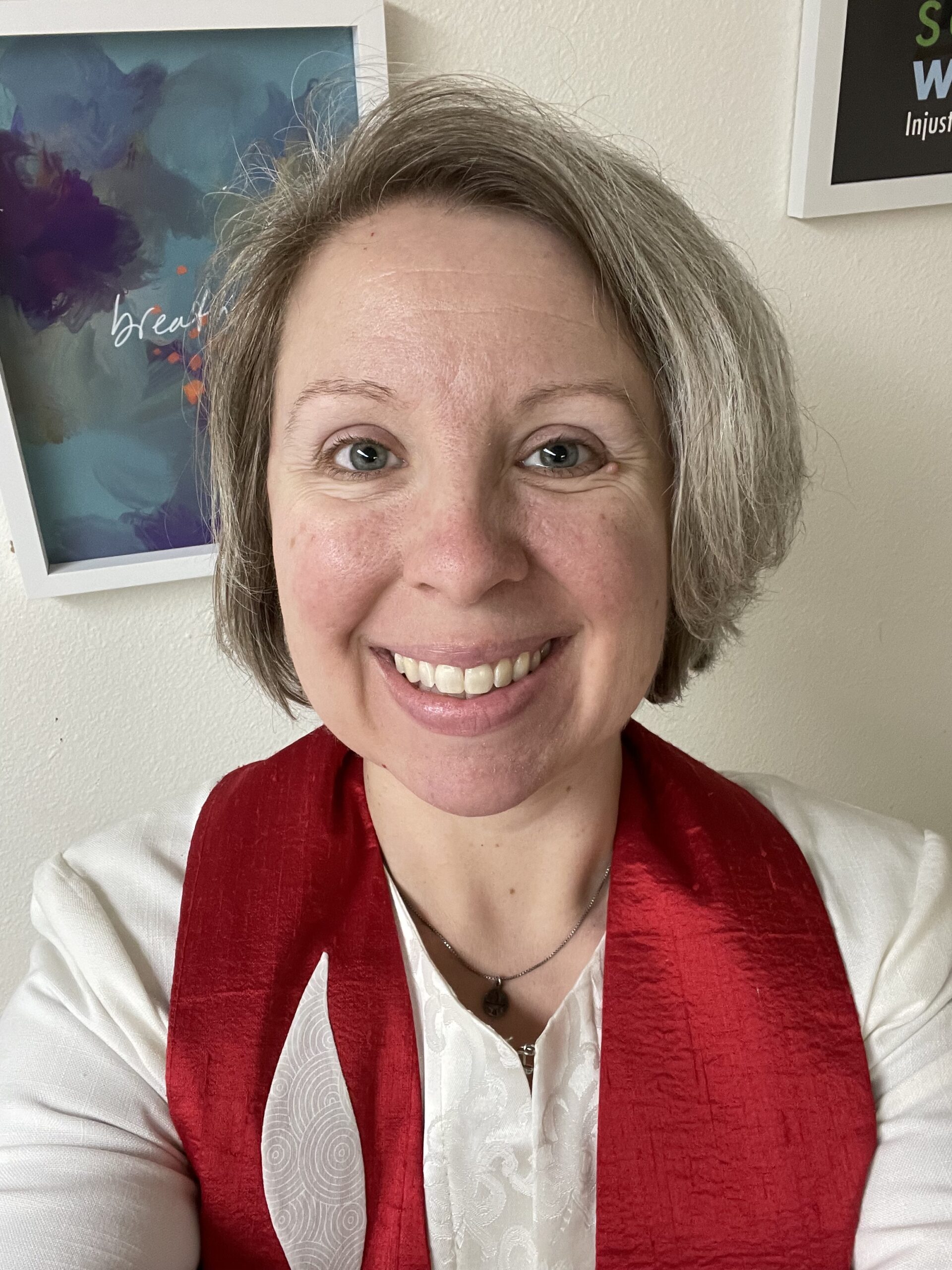Some years ago, when I was a lay member of my home congregation serving on the Stewardship Team, we started a meeting with the question, “What color is money?” We all closed our eyes and noticed the color that came to mind when thinking about the concept of money. “Orange,” I said, in tones of bewilderment. Then, crankily, I added, “WHY is it ORANGE?” The rest of the team could not answer, of course; my relationship to money was my own to unpack.
(I still do not know why it is orange for me, and I am still cranky about not knowing.)
I was lucky enough to serve on a stewardship team with a group who began with a series of guided reflections about our own relationships to money, to giving, and to asking. We treated our first meetings, held in the summer, more like a covenant group than a committee meeting. We shared our earliest memories around money, our family-of-origin cultures about asking for (or hinting about, or hoping others would guess) what we wanted, our experiences of giving.
For me, that Stewardship Team was a transformative experience in which I learned about abundance, generosity, and gratitude in profound ways.
Too often, though, we don’t have space for this kind of transformation, because we’re narrowly focused on the most practical, and most stressful, parts of our finances. When the driving motivation is the fear of what will happen if not enough money comes in, and the overall vibe of the events and materials is “Please pledge now so we don’t have to harass you,” stewardship feels bad. And I want more for us.
Yes, it’s true that putting pledge cards into envelopes, or tinkering with the online pledge form, is unlikely to be a transcendent spiritual experience. But that doesn’t mean we can’t also be blessed by our stewardship practices. Since we must talk about money at least once a year, why not embrace it as a chance for spiritual growth?
So this year, try this: if you’re serving on a stewardship team, if you’re on a finance committee or a governing board, set aside a little time at the start of your meetings to ask: What’s your earliest memory about money? What were you taught explicitly, and what did you learn by observation? What assumptions are you carrying into this conversation? The simple act of discussing this together helps us start to be less stuck in old patterns and more open to new possibilities.
Anxiety narrows our thinking and our perspective, and money makes MANY of us feel anxious. Reflecting from a different angle can help us access more creativity and spaciousness. It’s an opening for change and growth, a chance to feel differently. Sometimes even a chance to heal a sore spot.
I used to find that line, “Give until it feels good,” preposterous. No amount of financial giving felt anything other than terrible! But after I joined that Stewardship Team, and realized that I had been perpetually afraid of not having enough and therefore of not BEING enough, things shifted for me. The concepts of abundance and generosity rooted in gratitude came to life as they never had before. It DID start to feel good to give!
This is what I want for you, too.
This guest essay first appeared on Rev. Kimberley Debus’ Substack, Hold My Chalice.

Rev. Monica Jacobson-Tennessen serves as the minister of Community UU Church in Pasco, WA. She has served congregations in Oregon, Massachusetts, and Washington, and embraces stewardship as a spiritual practice.

